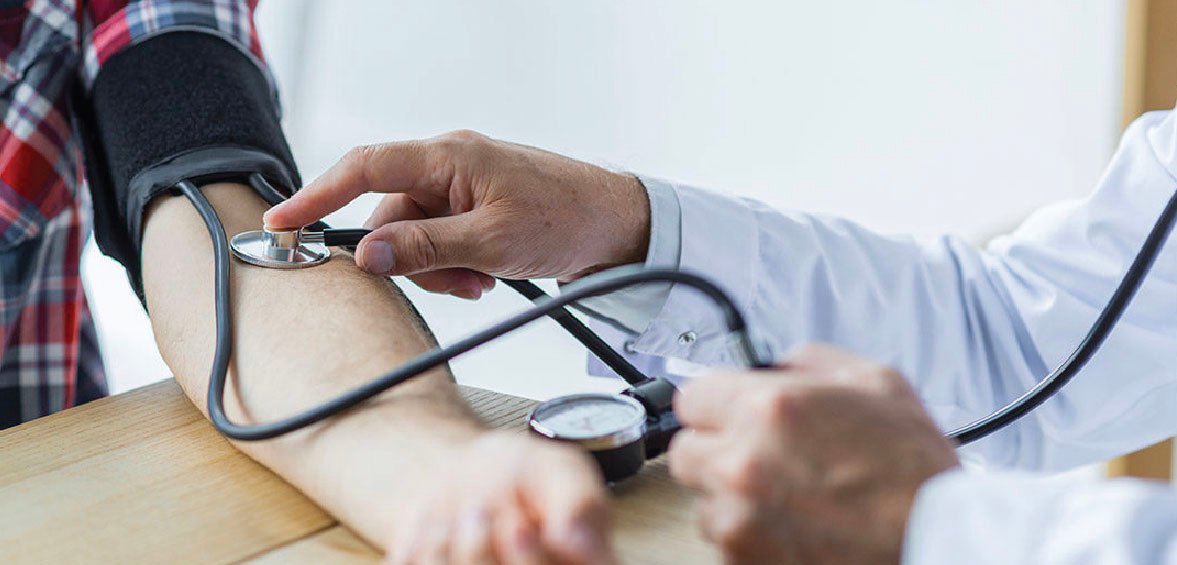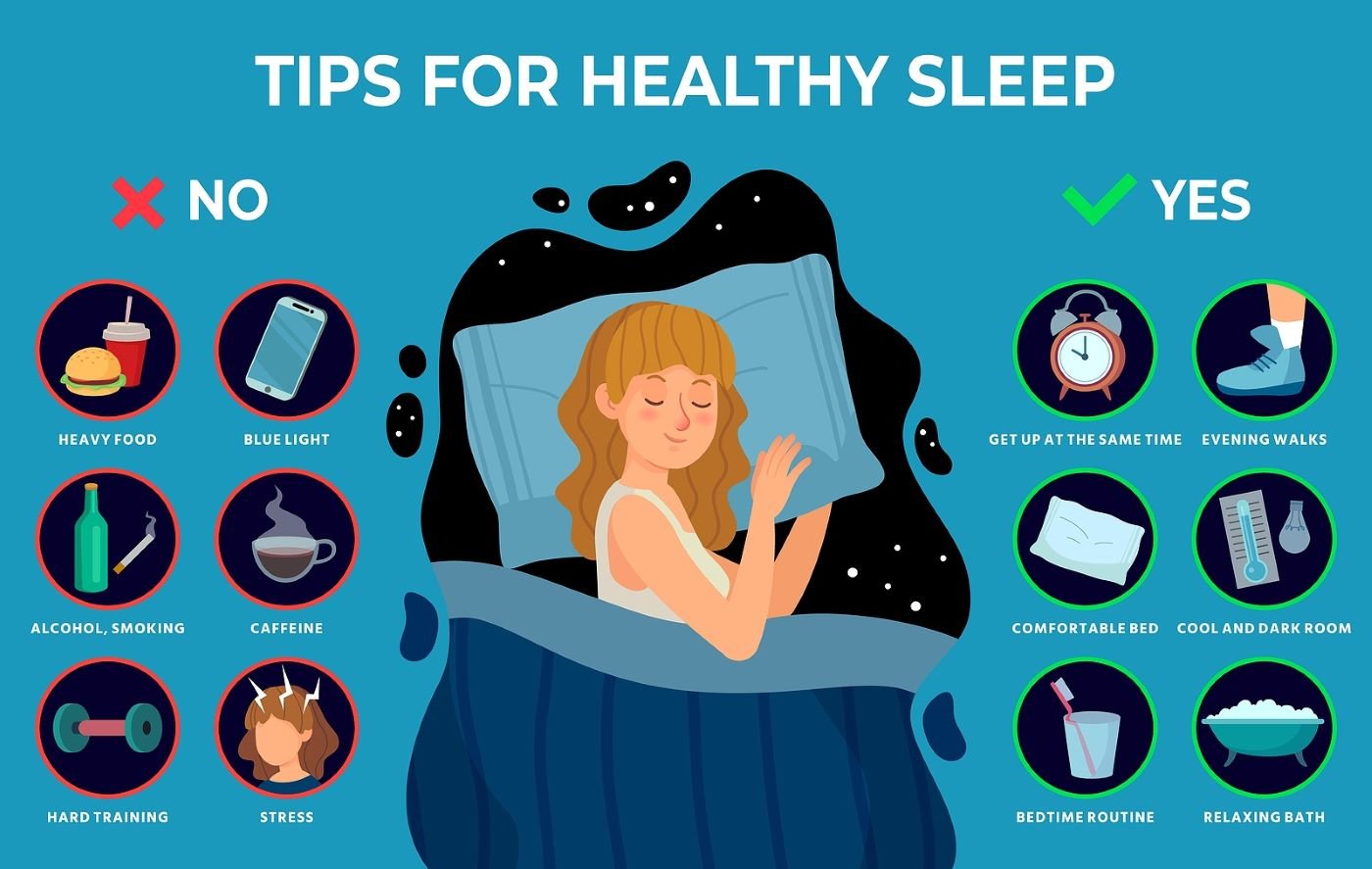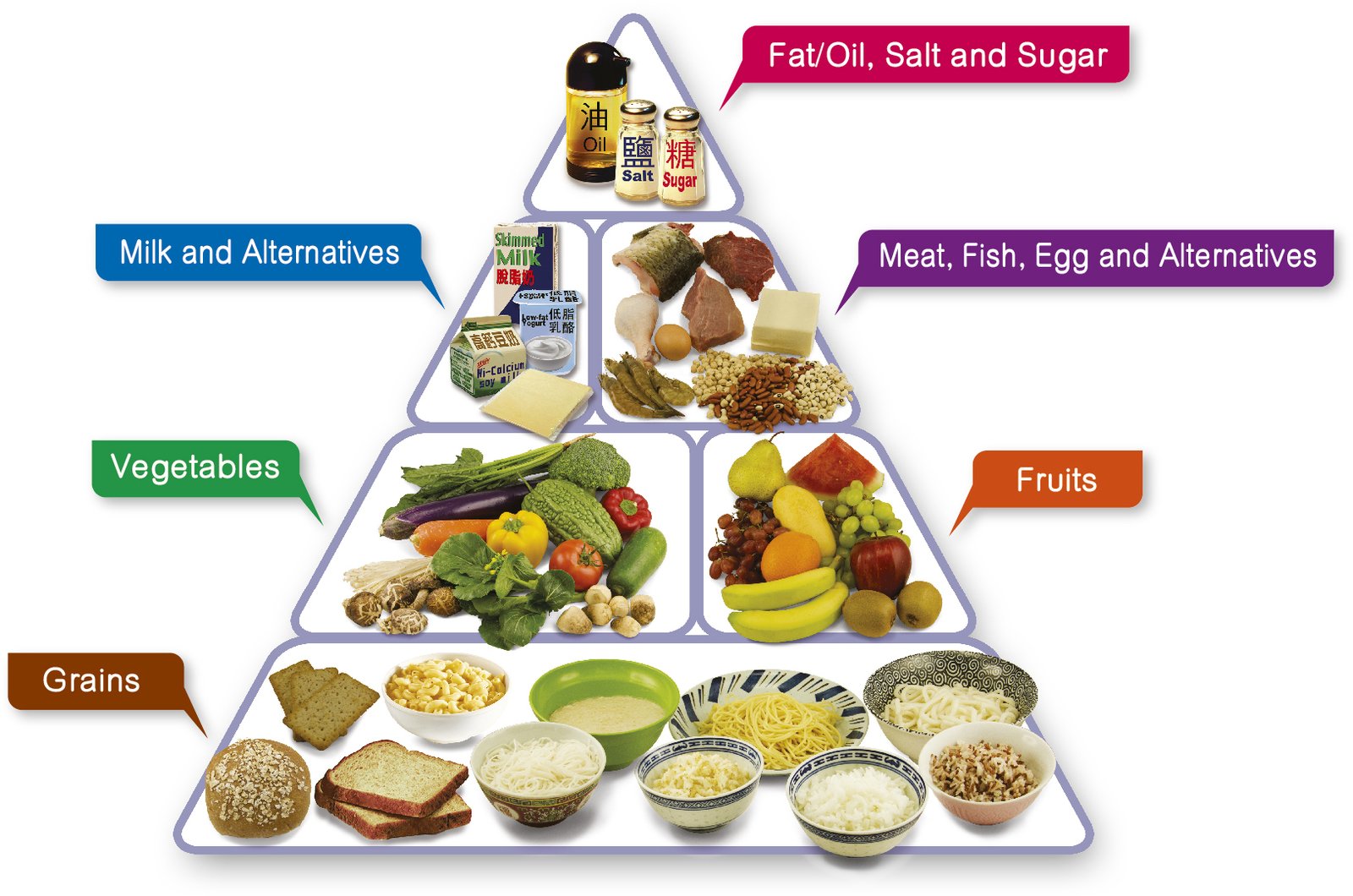Introduction: The Importance of Health Screenings
Health screenings are vital for early detection and prevention of various medical conditions. They provide critical information about your health status and help identify risks before they develop into more serious issues. Regular screenings can lead to early interventions, improving outcomes and quality of life. This article outlines essential health screenings everyone should consider at different stages of life.
Routine Health Screenings for Adults
1. Blood Pressure Screening
Monitoring blood pressure is crucial for detecting hypertension, a significant risk factor for heart disease and stroke. Adults should have their blood pressure checked at least once every two years. Those with elevated readings or additional risk factors may need more frequent monitoring.
2. Cholesterol Screening
Cholesterol levels should be assessed starting at age 20, and then every four to six years if results are normal. Higher cholesterol can lead to cardiovascular diseases, making it essential to understand your levels and manage them effectively.

3. Blood Glucose Screening
Screening for diabetes is important, especially for individuals over 45 or those with risk factors such as obesity or family history. A blood glucose test can help detect prediabetes and diabetes, allowing for early lifestyle interventions.
4. Cancer Screenings
Several cancer screenings are recommended based on age, sex, and risk factors:
- Mammograms for breast cancer should start at age 40 or 50, depending on individual risk factors.
- Pap Smears for cervical cancer begin at age 21 and continue every three years or every five years with HPV testing.
- Colonoscopy for colorectal cancer screening typically starts at age 45 and should be repeated every ten years, or more frequently based on findings.
5. Skin Cancer Screening
Regular skin checks by a dermatologist help identify early signs of skin cancer. Individuals should also perform self-exams to monitor any changes in moles or skin lesions.
Essential Screenings for Specific Populations
1. Osteoporosis Screening
Women aged 65 and older and men aged 70 and older should undergo bone density testing for osteoporosis. Early detection can prevent fractures and related complications.
2. Hepatitis C Screening
Individuals born between 1945 and 1965 should get tested for hepatitis C, as they are at a higher risk. This viral infection can lead to serious liver disease if untreated.
3. Sexually Transmitted Infection (STI) Screening
Sexually active individuals should consider regular STI screenings, particularly for chlamydia, gonorrhea, and HIV. Early detection and treatment are crucial for preventing complications and transmission.
Health Screenings for Children and Adolescents
1. Developmental Screenings
Routine developmental screenings are essential during early childhood. Pediatricians assess milestones and can identify any concerns that may require intervention.
2. Vision and Hearing Screenings
Vision and hearing screenings should begin in early childhood to detect any issues that could affect learning and development. Regular assessments help ensure children receive appropriate care.
3. Vaccination Status
Keeping up with vaccinations is vital for preventing infectious diseases. Regular check-ups ensure children receive necessary immunizations according to the recommended schedule.
Conclusion: Prioritize Your Health with Screenings
Health screenings are a critical component of preventive healthcare, providing valuable insights into your overall health. By staying informed and proactive about these essential screenings, you can catch potential health issues early, allowing for timely intervention and better health outcomes. Consult with your healthcare provider to create a personalized screening plan tailored to your age, gender, and risk factors. Prioritize your health and wellbeing by making regular screenings a part of your routine.




